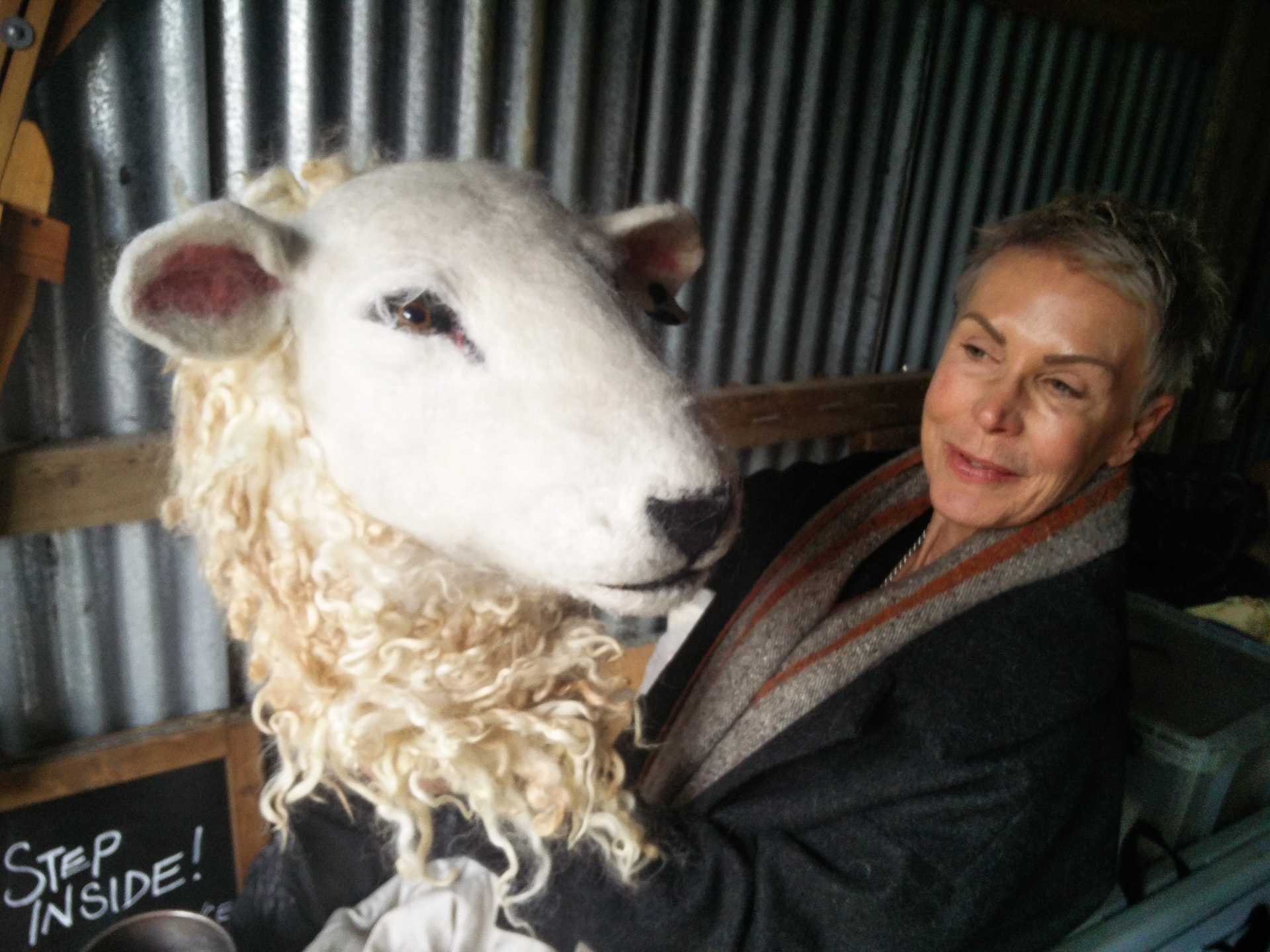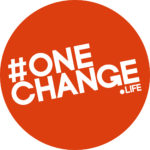Continuing our activism theme, today we share some words from the onechange.life website established as the next stage of the One Hut Full project – founded by one of our contributors earlier in the month, Paula Wolton. This initiative asks all of us, as consumers, to make one change in our buying habits just once a year, and to use these small changes as occasions to learn more about the true value of the things we use and consume and their origins in the land. Woolness activism can be as simple as just asking where the wool you wear or buy or knit with was grown or as deciding to go on a stash/yarn diet in order to consume fewer raw materials. Check out the onechange.life website and the quotes below and let us know in the comments what one change you have made, or intend to make, in your own work with wool.

Our consumer habits and a demand for lower prices have diminished the true value of products. It’s time to reconnect with the source of our food and fabric.
OneHutFull is launching #OneChange to encourage individuals in the UK to make one small change, once a year. This could be anything from changing the way we buy garments or meat products or by simply being more curious about where our products come from.
Imagine, if everyone changed one small thing (which may become a regular thing!), the positive impact this could have on how livestock are farmed, how our land is managed and how products are manufactured…
OneHutFull’s mission is to inspire change in the cycle that connects our products and buying behaviour to our environment and how we manage our land.
Like a drop of ink in water, all these little changes can permeate through everything…
Buying clothes, fabrics, and other natural fibre products
When buying wool or fibre products don’t be afraid to ask the maker or producer about the provenance of their raw materials and manufacturing processes.
The ability to let consumers know exactly where their fibre comes from is dependent on good systems and processes being in place. This is easier for small businesses. They can often say exactly which farms their wool, for example, comes from, as well as the precise processes used in production through to the finished article. Nevertheless it is possible for large suppliers to do this as well.
Most bulk wool buying in the UK is sourced through British Wool’s wool auctions with the help of a wool merchant. Though British Wool are able to tell you the type of wool (e.g. lustre longwool or rough fell wool) the provenance of the wool, including precise breed of sheep, is lost after grading.
Thanks to Paula Wolton and One Hut Full for creating this brilliant initiative; readers – please share onechange.life with your extended networks and tell us in the comments what #OneChange you have made, or will make, in respect to your use of wool!

